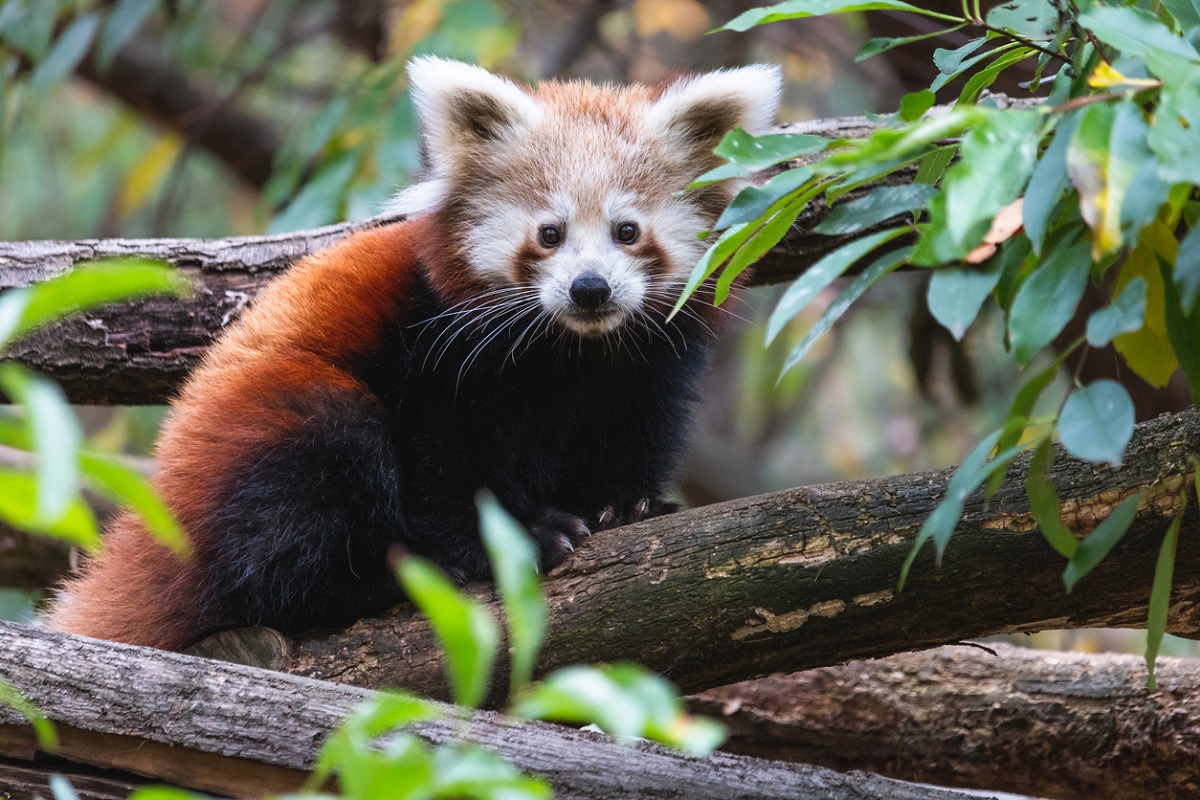At a time when death is all around during the second wave of the Covid-19 pandemic, Darjeeling town has witnessed what is being termed as a “birth of hope.”
The “hope”, people said, came in the form of a red panda cub that was born at the Padmaja Naidu Himalayan Zoological Park (PNHZP) yesterday. The cub was born at the Zoo’s Topgey Dara breeding facility.
Advertisement
“I am very happy to inform you that a red panda cub was born yesterday to its mother Prassana and father Kimbu. Both the mother and the cub are doing fine. This takes up the total number of the Red Panda here to 23,” PNHZP director Dharmadeo Rai said today.
“As we know Darjeeling Zoo is the coordinator zoo for entire country for the breeding of the Red panda, this is a good success for us and a matter of pride for our state,” he added. The PNHZP is the coordinating zoo for the breeding programme of the endangered species (Project Red Panda) in India.
The first red pandas for this programme had been brought in from various European zoos during the late 80s and early 90s. Since then, there have been around 40 zoo bred pandas at the PNHZP. The first success of the Project Red Panda came in 1994.
The PNHZP, which was founded in 1958, also specialises in captive breeding of endangered Himalayan species, including Snow Leopard, Red Panda, Tibetan Wolf, Blue Sheep, Himalayan Tahr and Satyr Tragopan (crimson horned pheasant).
Only recently on 27 April, a snow leopard cub was also born there.











